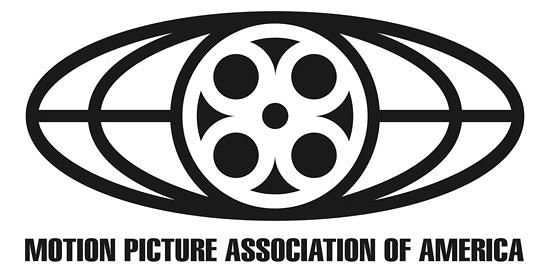The ongoing debate about the economic impact of the file sharing of movies can perhaps be boiled down to two opposing viewpoints. The first is that it robs studios of income as people are seeing their product for free. The opposite view argues that file sharing allows people to preview a film and encourages them to spend the money on a movie ticket or home video release. Now a new study is showing that both arguments may have some validity.
In the wake of the forced shutdown of the filesharing site MegaUpload instigated by the Motion Picture Association of America, a research team from the Munich School of Management and the Copenhagen Business School have done a study of the box office returns of 10,272 movies released in 50 countries over the period 2007-2013 and came up with some rather interesting results.
From the study’s abstract –
We find that box office revenues of a majority of movies did not increase. While for a mid-range of movies the effect of the shutdown is even negative, only large blockbusters could benefit from the absence of Megaupload. We argue that this is due to social network effects, where online piracy acts as a mechanism to spread information about a good from consumers with low willingness to pay to consumers with high willingness to pay. This information-spreading effect of illegal downloads seems to be especially important for movies with smaller audiences.
So it appears as if there may be some truth to the MPAA’s claims that file sharing is hurting the film industry. However, to claim that this is the only effect of file-sharing would only be a half-truth. The six member studios that make up the MPAA are the big ones who are being affected by any potential revenue loss from file sharing, so the MPAA is really only talking about how things effect them, not anyone else. And only for their biggest films, not all of their product. Unfortunately, the study doesn’t compare the amount of file-sharing traffic versus the increase in box office revenue for blockbusters in a way that would either prove or disprove the MPAA’s dubious contention that every download automatically equals a lost ticket sale.
Note that the smaller studios most likely to benefit from what the report labels the “social network effect” are not members of the MPAA and are now suffering negative consequences due to the trade organization’s actions.* But we’ve seen this kind of disregard for indie studios from the MPAA before. In 2006, director Kirby Dick charted how the MPAA’s film ratings board routinely gave stronger, and more financially restrictive, ratings to indie films that it gave to studio films featuring similar material in his searing documentary This Film Is Not Yet Rated and things have not changed since. If anything, it has gotten worse.
So for all its high-minded rhetoric about being an “advocate of the American motion picture, home video and television industries in the United States and around the world,” the MPAA really only cares about its own. The fact that their actions have a negative impact on their smaller competitors is just a happy coincidence that I am sure doesn’t keep them awake at night.
*It occurs to me that perhaps this “social network effect” is also what is helping the bigger films increase their box office. If people can recommend a smaller film to friends based on having seen a downloaded copy of it then surely they could also be warning friends away from spending money on some bloated Hollywood blockbuster they managed to view in a similar way.




